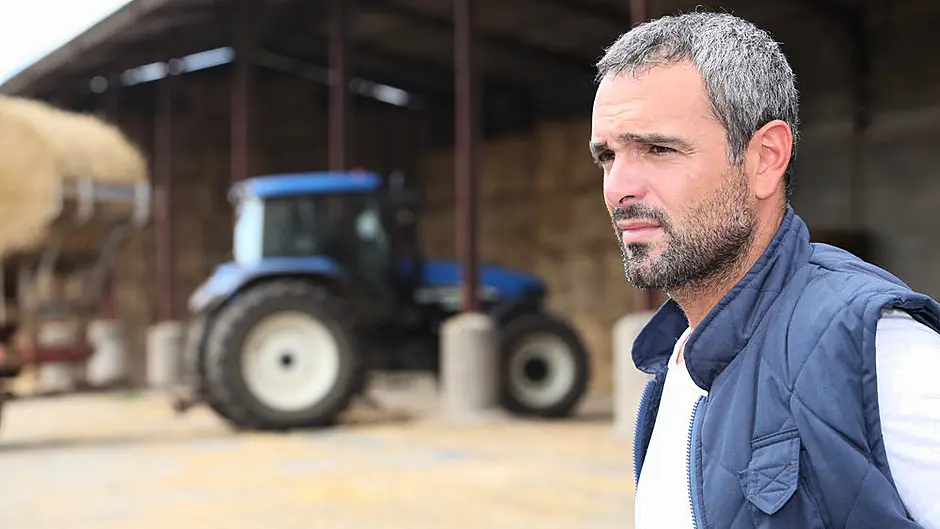THERE are particular mental health risk factors associated with farming, according to a survey of dairy farmers conducted by Teagasc, National University of Ireland Galway (NUIG) & University of Limerick (UL).
According to Teagasc, their study shows that mental distress from farming can arise from ongoing work, time pressure, bureaucracy, financial pressure, work unpredictability and being at the mercy of the weather.
'The juggling of such competing demands can accumulate to the point that it can lead to stress and poor mental health,' the study states.
Compromised mental health can manifest in any person in a number of ways – physically, emotionally, behaviourally and even cognitively.
In their ‘Coping with the Pressures of Farming' resource, Teagasc lists physical symptoms that farmers should be aware of as: headaches, chronic tiredness and fatigue, musculoskeletal aches and pains, hypertension, rapid heart rate, panic attacks.
Emotional symptoms, it says, can include depression, anxiety worry, fear, feelings of powerlessness and being overwhelmed, feeling trapped, frustrated, irritable or angry, loneliness, grief and feeling like crying a lot.
Cognitive symptoms can include obsessive thinking, negative thinking, poor short term memory, difficulty concentrating, catasrophising, mind reading, black and white thinking - interpret things as all good or all bad, unable to see options.
Behavioural symptoms can include expressions of anger, being angry with other people, inability to make decisions, chronic complaining, procrastination, withdrawal from family, friends, lack of self care, compulsive behaviours such as change in eating patterns, alcohol and caffeine consumption, gambling and other addictions.
Five ways to wellbeing
To help combat these problems in the agricultural community, Teagasc highlights ‘Five Ways to Wellbeing,’ which are easy to remember and to incorporate into your daily life, and they are:
Get connected
- Feeling close to, and valued by, other people is a fundamental human need and one that contributes to well-being.
- Talk to someone instead of sending a FB message, Snapchat.
- Put five minutes aside to find out how someone really is feeling.

Take notice
- Enjoying and savouring the moment enhances your wellbeing.
- Have a ‘clear the clutter’ day.
- Be sensitive and aware of the people around you.
Be active
- Regular exercise and physical activity reduce depression and anxiety.
- Cork Sports Partnership recently said that it’s not enough for farmers to think their active lifestyle will ensure they are fit. They need to build some other activity into their routines. Better still, join or stay part of a local team to feel the dual benefit of friendship and fitness.

Keep learning
- Learning enhances your self-esteem and encourages social interaction, and higher levels of wellbeing.
- Consider setting yourself a new challenge.
- Discover a new interest or hobby.

Give
- Acts of kindness increase in happiness and wellbeing.
- Give an hour of your time to a voluntary organisation.
- Do a good deed for someone.

This article was taken from our popular Spring/Summer Farming magazine which is available to read in full here.










